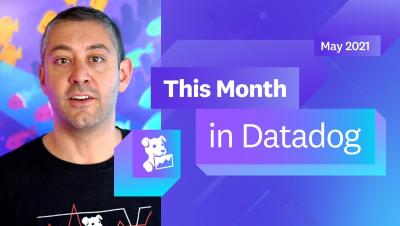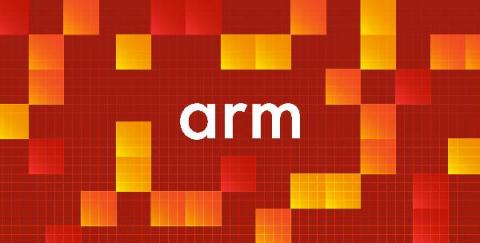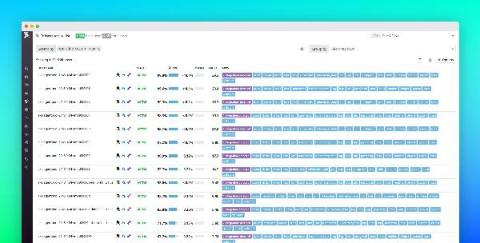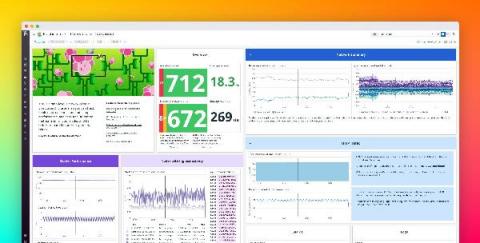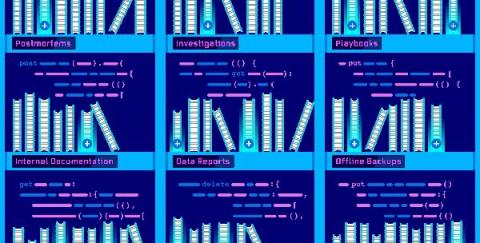Operations | Monitoring | ITSM | DevOps | Cloud
Datadog
Planning Center: Simplifying observability and reducing MTTR in a serverless world, with Datadog
Google Cloud, Vodafone and Datadog SRE Panel Webinar
Announcing support for Oracle Arm-based Ampere A1 instances
Arm processors have long been at the center of mobile computing, powering billions of smartphones, tablets, smartwatches, and other IoT devices. Today, these processors are beginning to see broader adoption in the cloud as they promise better performance, higher energy efficiency, and lower costs than their x86-based predecessors. Just this week, Oracle announced its new Oracle Cloud Infrastructure Ampere A1 Compute platform, built on the Ampere Altra Arm processor.
Announcing support for Amazon ECS Anywhere
Amazon Elastic Container Service (ECS) is a managed compute platform for containers that was designed to be simple to configure, with opinionated defaults to help users get started quickly. ECS customers can run containerized workloads on either Amazon EC2 instances or the serverless Fargate platform without having to maintain a control plane—and can easily integrate ECS with other AWS resources, like Network Load Balancers, to architect their infrastructure.
Introducing Datadog's Lambda extension
AWS Lambda extensions enable you to seamlessly integrate third-party tooling with your Lambda environment so you can run custom code or monitoring agents alongside your functions. We’ve partnered with AWS to create a Lambda extension that offers a more cost-effective, simplified process for collecting data from your functions.
Use the improved infrastructure list to track your hosts' health
Datadog’s infrastructure list provides a central, high-level view of every host in your environment and pulls together metadata and relevant metrics from across Datadog to help you get the full picture of each one. You can easily filter and sort the list using any host tags, letting you quickly view the status of the parts of your infrastructure you need.
Create powerful data visualizations with the new Datadog dashboards experience
Dashboards are a crucial tool in your monitoring arsenal, as they allow you to visualize and correlate telemetry data from across your stack in a single place. Historically, Datadog offered two dashboard types: Screenboards, for pixel-level control on a canvas, and Timeboards, for troubleshooting a specific point in time. Now, we’re excited to introduce a new dashboard layout that combines the best of Timeboards and Screenboards in a single, seamless editing experience.
How to debug Kubernetes Pending pods and scheduling failures
When Kubernetes launches and schedules workloads in your cluster, such as during an update or scaling event, you can expect to see short-lived spikes in the number of Pending pods. As long as your cluster has sufficient resources, Pending pods usually transition to Running status on their own as the Kubernetes scheduler assigns them to suitable nodes. However, in some scenarios, Pending pods will fail to get scheduled until you fix the underlying problem.
Use Datadog's Notebooks API to programmatically manage your notebooks
Datadog Notebooks simplify the way teams across an organization find and share knowledge. By bringing together live data and rich Markdown text, Notebooks help teams create powerful, data-driven documents—from runbooks and support playbooks to incident postmortems and data reports. And with collaboration functionalities like real-time editing and commenting, team members can simultaneously make changes to a document and gather feedback along the way.


